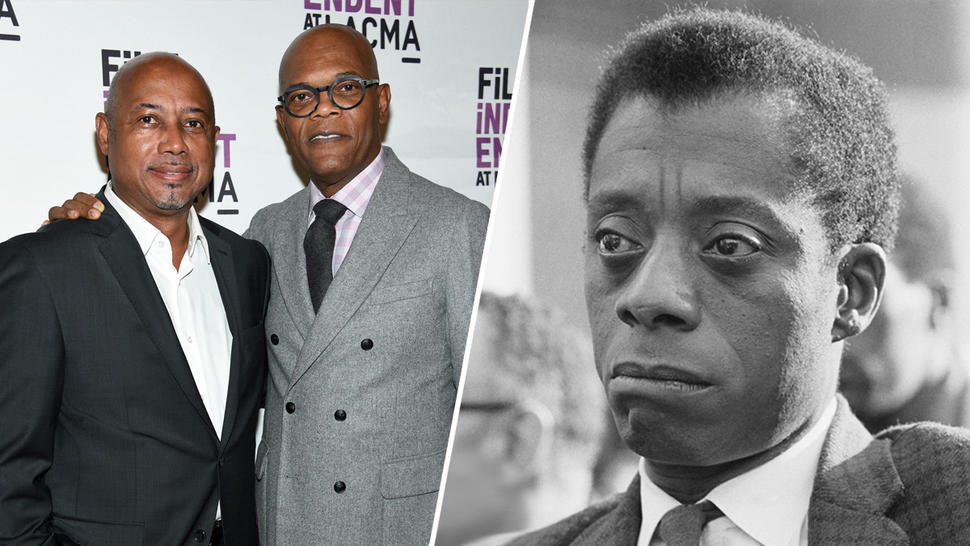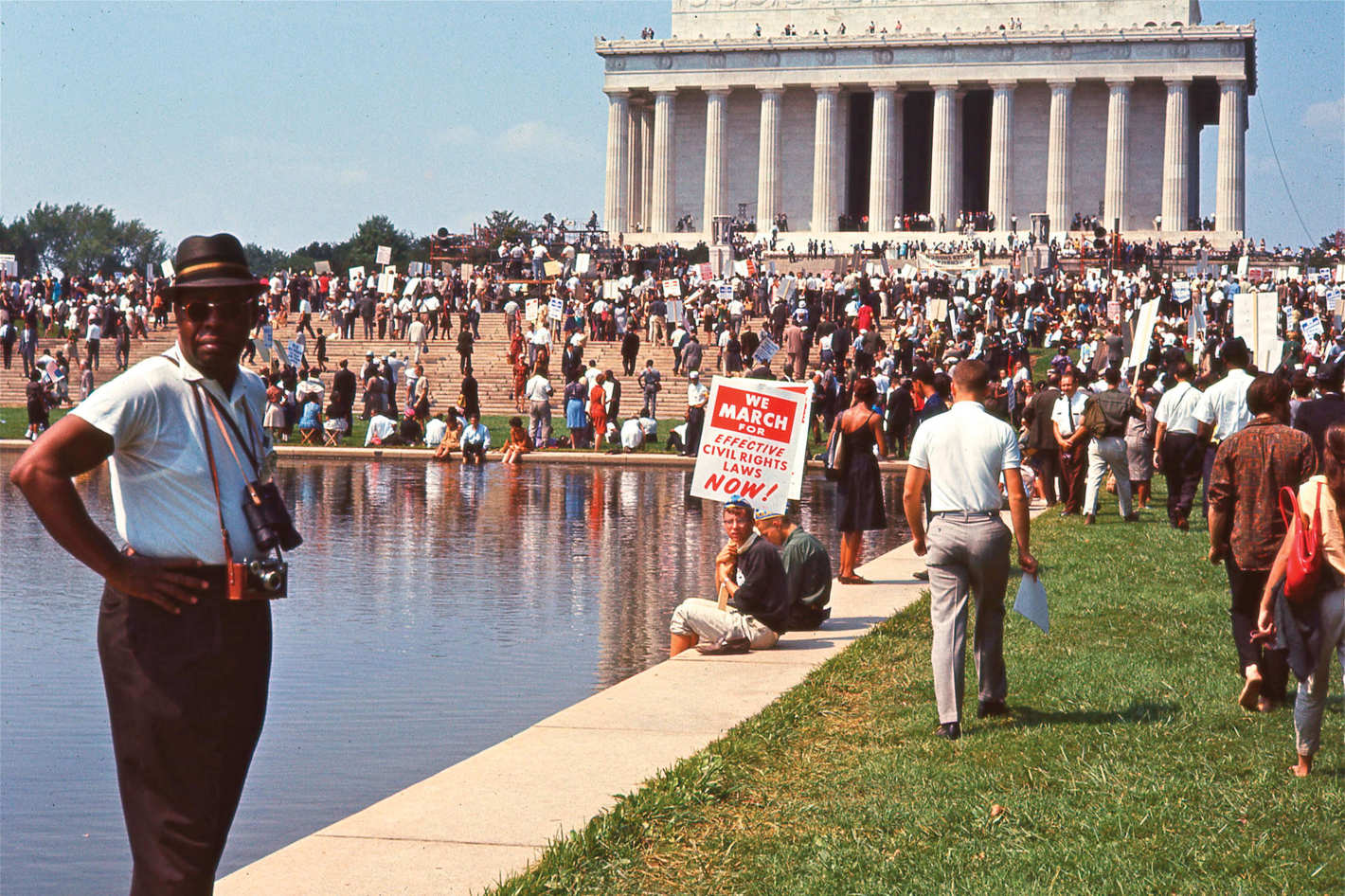Raoul Peck’s explosive documentary, I Am Not Your Negro, is based on James Baldwin’s words and writings that still resonate. His niece, Aisha Karefa-Smart, joins in for a conversation.
The Optimism of James Baldwin

L-R: Raoul Peck, Samuel L. Jackson, James Baldwin
In the Raoul Peck documentary, I Am Not Your Negro, Peck’s vision takes a different tack. Not trivialized. Not distorted by any number of influences, from Hollywood to media, and vicious partisan, political squabbling. James Baldwin’s vision was to “forge a country where we need each other”. Baldwin’s niece, author and educator Aisha Karefa-Smart, offers up a unique and intellectually vibrant James Baldwin world vision in our conversation.
SYNOPSIS
In 1979, James Baldwin wrote a letter to his literary agent describing his next project, Remember This House. The book was to be a revolutionary, personal account of the lives and successive assassinations of three of his close friends—Medgar Evers, Malcolm X and Martin Luther King, Jr.
At the time of Baldwin’s death in 1987, he left behind only thirty completed pages of his manuscript.
Now, in his incendiary new documentary, master filmmaker Raoul Peck envisions the book James Baldwin never finished. The result is a radical, up-to-the-minute examination of race in America, using Baldwin’s original words and flood of rich archival material. I Am Not Your Negro is a journey into black history that connects the past of the Civil Rights movement to the present of #BlackLivesMatter. It is a film that questions black representation in Hollywood and beyond. And, ultimately, by confronting the deeper connections between the lives and assassination of these three leaders, Baldwin and Peck have produced a work that challenges the very definition of what America stands for.
Here’s where you can see the film Monday, Jan. 18, 2018.
On surface, it may be odd to consider that one could be optimistic about a still devolving race culture and race relations in America in the 21st century. Consider all the marches, and battles, fighting, and taking sides throughout our history. All the yearning, quests, and sorting through the human condition are on display in this powerful piece of filmmaking. And a poignant reminder of the treasure we have in James Baldwin, that lives to this day. Both through his brilliant writings, and now this new documentary. Consider it your gateway to his writings.
Raoul Peck’s masterful documentary was ten years in the making and proceeds to make sheer poetry from what was in the found and unfinished manuscript that would have become Remember This House.
Peck’s intent with I Am Not Your Negro is to lead viewers along the complex political road of the “memorable” lives of Malcom, Medgar and Martin, using only Baldwin’s own words, and leaning heavily on the text of Remember This House.
I Am Not Your Negro exists at the intersection of films like Celluloid Closet and Concerning Violence. It pulls still and moving images from a variety of sources to weave an immersive audiovisual tapestry. From young black Dorothy Counts confronting a large, aggressive, white mob by herself on her way to attend her first day of school, to Peck’s peculiar filmic analysis of Guess Who’s Coming to Dinner and Sidney Poitier’s role in Hollywood cinema, I Am Not Your Negro immerses itself in the fabrication of the black image in news reports, reality TV, music videos, and Hollywood legends.
I Am Not Your Negro is an essay about images, their origins, discourse and ultimately their impact on our collective consciousness.

Aisha Karefa-Smart
I spoke with James Baldwin’s niece, Aisha Karefa-Smart, about her “Uncle Jimmy”, as he was fondly called in the family. And, finally, we talked about WHO Baldwin was and WHY he is so relevant and important now. Lessons here for all of us. As Raoul Peck says, “We are in it for the long haul. Whatever time and effort it takes”.
LINK UP
More reviews and information:
Aisha mentions an amazing experiment done in 1968, by an elementary school teacher, Jane Elliot, after Martin Luther King Jr’s assassination. Find out more here.
Optimism and Pessimism in the World of Raoul Peck and James Baldwin
Rolling Stone review
The James Baldwin/William Buckley debate is HERE.
- A Very New Pickathon in 2022 - August 13, 2022
- Pickathon returns to Pendarvis Farm! It’s not just the artists that’ll be new. - August 3, 2022
- July is BIPOC Mental Health Awareness Month (Black, Indigenous, Persons of Color) - July 14, 2022











Leave A Comment